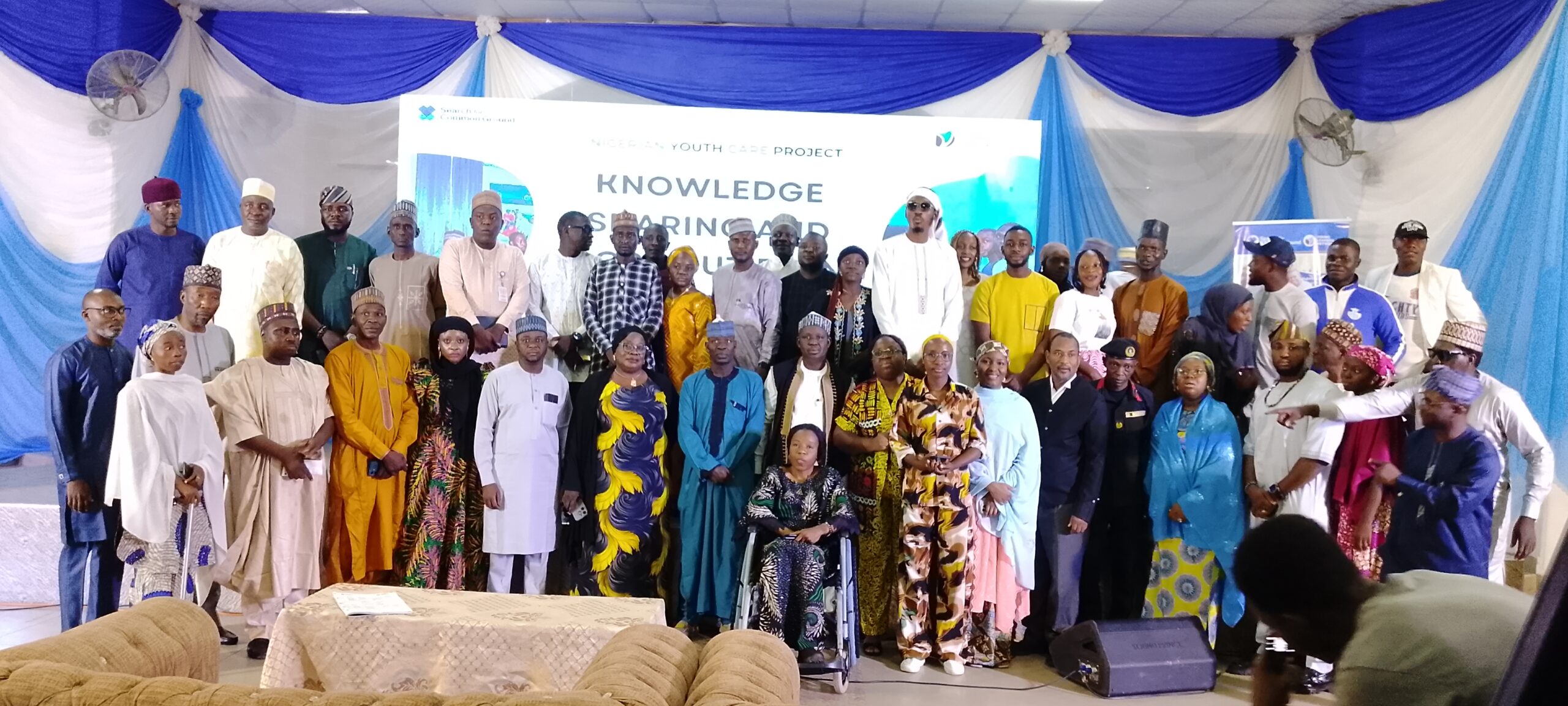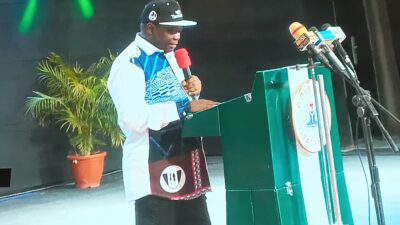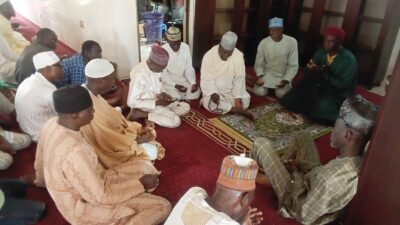By Sani Adamu Hassan
After two years of empowering young Nigerians to bridge religious divides and foster peaceful coexistence, the Nigeria Youth Collective Action for Religious Engagement (Nigeria Youth CARE) project has concluded its activities across Bauchi, Gombe, and Plateau States, leaving behind a legacy of youth-driven peacebuilding and advocacy.
The initiative, launched in September 2023 by Search for Common Ground in partnership with the Young Leaders Network (YLN) officially ends on September 30, 2025.
Highlighting the impact of the project, the
Project Manager Nigeria Youth Care Munira Askira revealed that the project was built on the belief that young people can be powerful agents of change when equipped with the right skills and platforms.

“We wanted to show that youth are not just beneficiaries but drivers of peacebuilding. This project empowered them to lead conversations around tolerance, advocate for freedom of religion or belief, and strengthen community resilience,” she said.
Over its implementation period, Nigeria Youth CARE trained 22 youth organizations and 24 micro-influencers, resulting in the creation of more than 646 online contents that reached over 631,000 Nigerians.
The project also facilitated the formation of the Bauchi Youth Religious Advocacy Network (BYRAN) and established community peace committees that engaged religious leaders, government officials, and local institutions through 32 advocacy visits.
One of the most symbolic outcomes of the Bauchi Religious Advocacy Network’s community initiative was a mosque clean-up led by Christian youth in Gudum Hausawa, Bauchi State — a powerful act that challenged stereotypes and built trust across faith lines.

The project also established a Resource and Learning Centre in Bauchi to provide ongoing training and serve as a repository for materials on freedom of religion and belief.
The Executive Director of Young Leaders Network (YLN) Mr Seun Justin Onarinde described the project as a turning point for youth-led peace efforts in the region.
“Nigeria Youth CARE has shown that young people have the creativity, courage, and commitment to drive meaningful change. It has transformed YLN into a stronger voice for peace and tolerance,” he said.
While the project is coming to an end, stakeholders emphasize that its legacy is far from over. According to them, the structures it built including BYRAN, the Resource Centre, and a network of trained digital advocates will continue to promote interfaith understanding.

Plans are also underway to establish a FoRB Academy that will institutionalize interfaith education for youth, civil society organizations, and government agencies.
The Nigeria Youth CARE project has demonstrated how empowering young people with the tools of dialogue, advocacy, and leadership can help shape a more tolerant and peaceful Nigeria.







